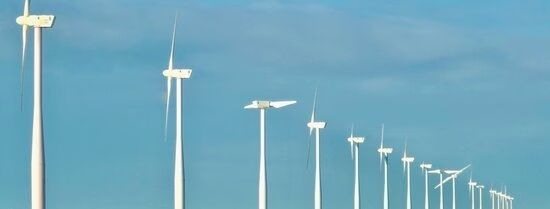In 2019, the European Commission launched the European Green Deal. This deal promises a climate-neutral Europe in 2050 where no one will be left behind. Part of the deal will be a European Climate Law that turns the political commitment into a legal obligation and a trigger for investment.
From a political-economic perspective, the transition to a climate-neutral Europe is a big challenge for three related reasons. First, many countries are involved in the deal. The objective of the deal, a climate-neutral Europe, is a public good. It is well-known that the provision of a public good raises free-rider problems. Second, the transition to a climate-neutral Europe requires investments by firms and citizens that are not profitable without government support. To spur investments, the government need to promise rewards to people who invest. Firms and citizens are only willing to invest if they sufficiently trust the government to honor its promises. Finally, even when current policymakers support a transition to a climate-neutral Europe, a successful transition requires that also future policymakers will support the transition. This, in turn, requires that (enough) citizens support the transition, now and in the future. Uncertainty about future political support may make citizens and firms reluctant to invest.
The main objective of this research is to identify procedures that make the transition to a climate-neutral Europe economically feasible and politically sustainable. To this end, we develop theoretical political-economic models of transitions that encompass free-riding, commitment, and redistribution problems. A common feature of these models is that governments must encourage agents to make certain investments from which others benefit. Agents’ private returns on their investments depend on future policies. Consequently, the models can be used to investigate commitment and free-rider problems. To examine political sustainability of transitions, elections are another key element of the models. Lack of electoral support jeopardizes a successful transition. Through elections also distributional aspects kick in.
- Professor
- More information

